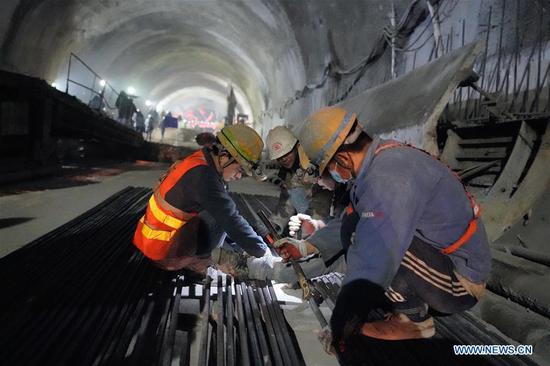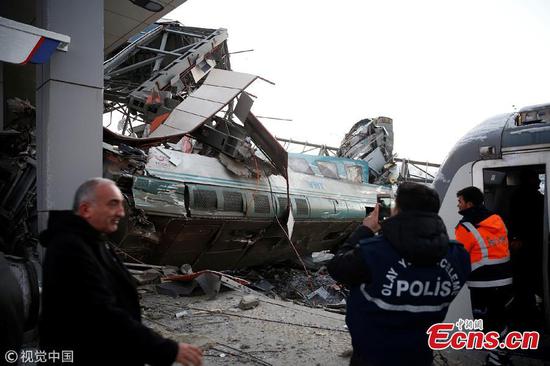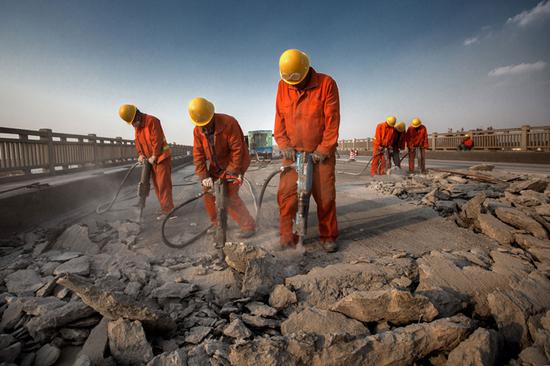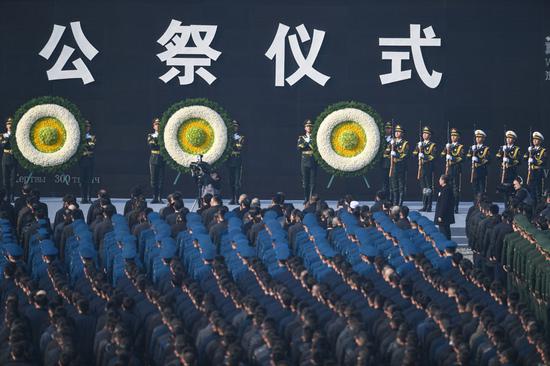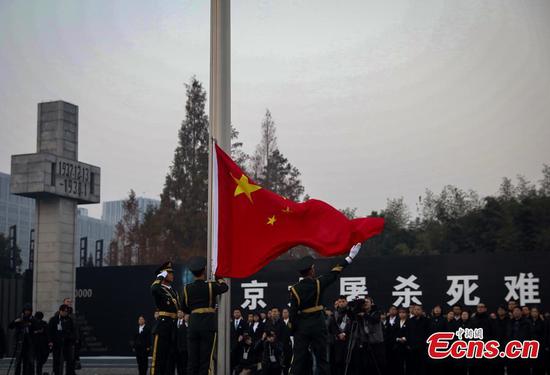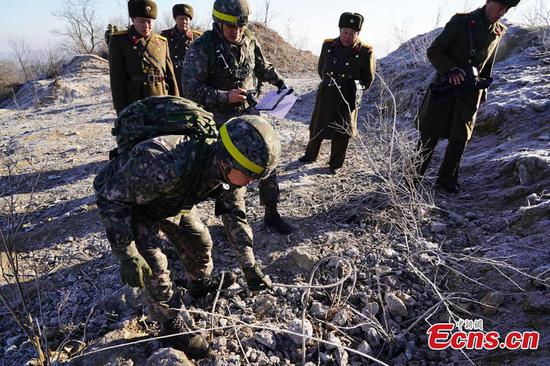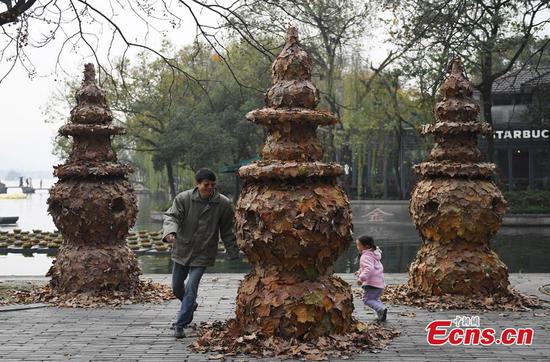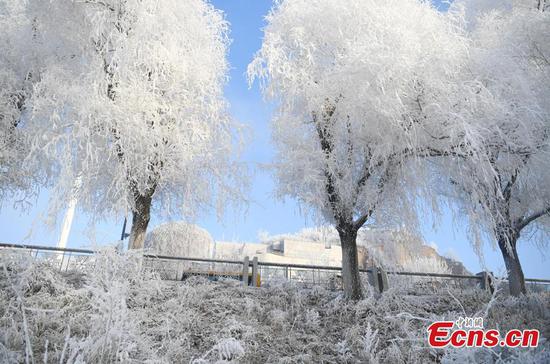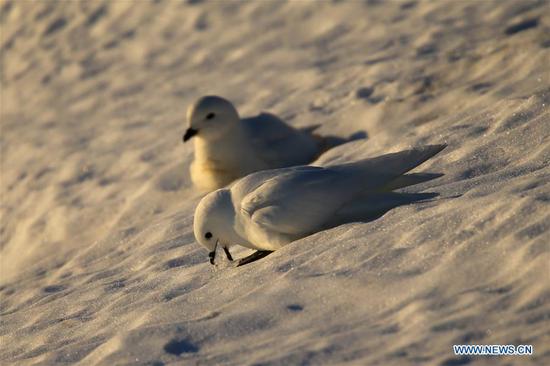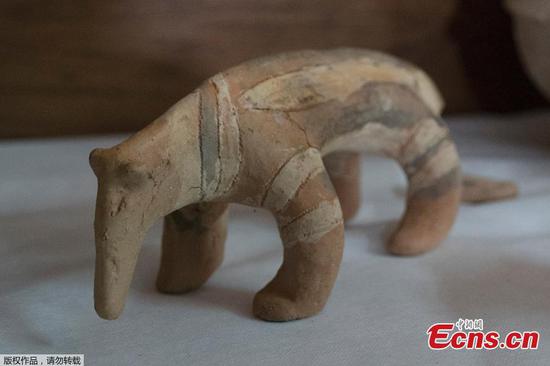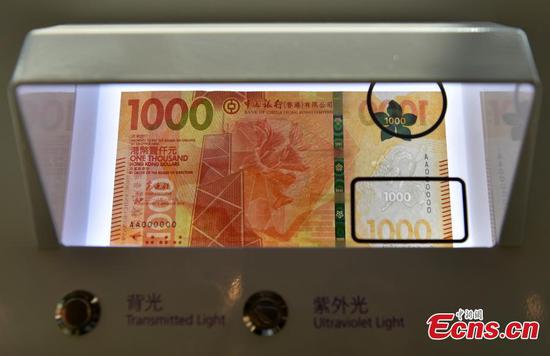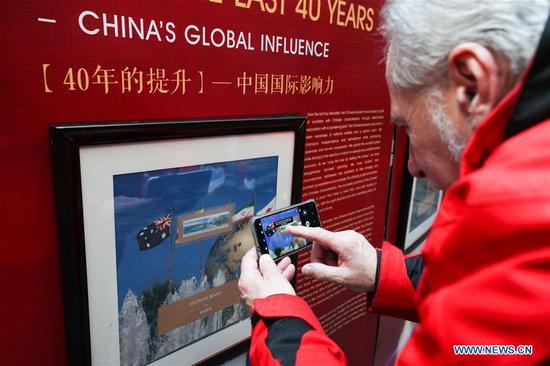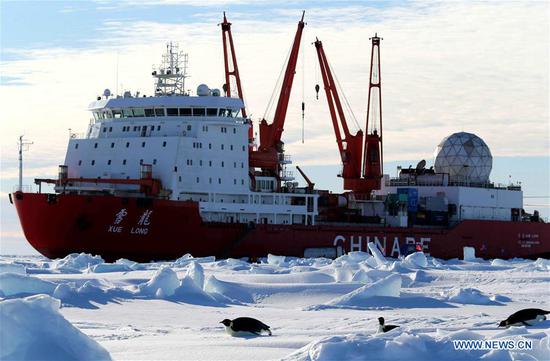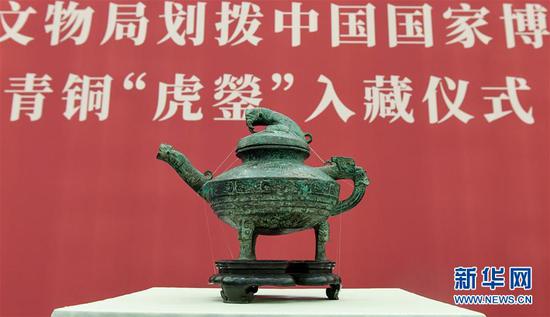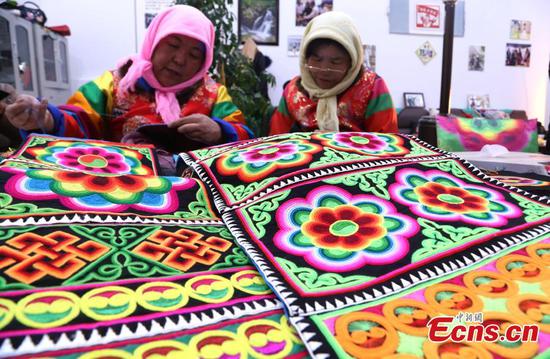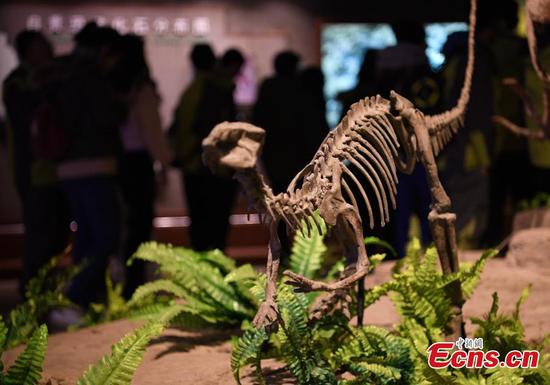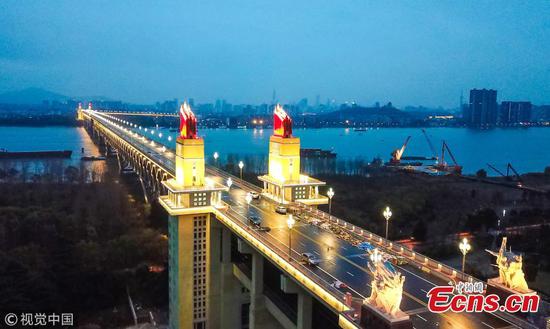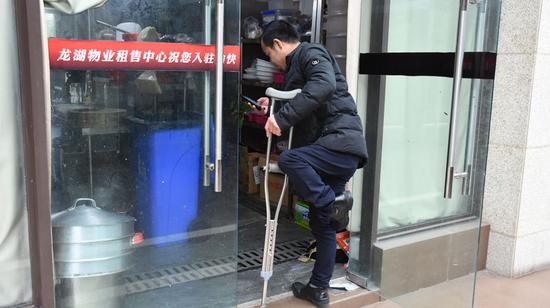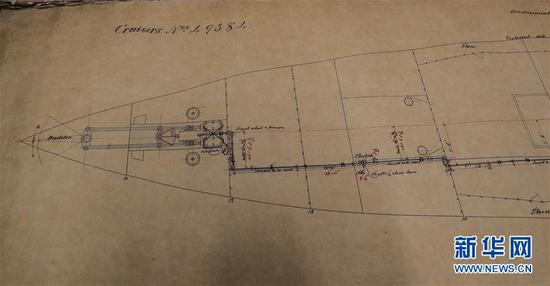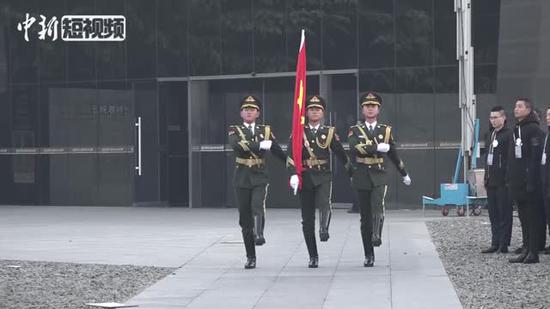A Tibetan delegation from the Chinese National People's Congress visited the European Parliament in Strasbourg, France, on Tuesday.
The delegation, led by Losang Jamcan, director of the Standing Committee of the Tibet Autonomous Regional People's Congress, met with parliament members and responded to questions involving concerns of the EU.
In the meeting with European Parliament Vice-President Dimitrios Papadimoulis, Losang Jamcan spoke of the rapid economic growth and social cohesion in the Tibet autonomous region, made possible under the leadership of the Communist Party of China and guided by the Party's policies toward ethnic minorities in the country.
He added that living standards have improved among the ethnic groups in Tibet thanks to better environmental protection, full respect for freedom of religion and the preservation of traditional cultures.
"It must be seen to be believed," he said, adding that he welcomes parliament members to visit Tibet.
Papadimoulis said the delegation's visit was a valuable opportunity for the Parliament to better understand Tibet. He expressed hope of continued regular exchanges with China to deepen understanding and trust.
Losang Jamcan also met with Nirj Deva, vice-chairman of the European Parliament Development Committee and chairman of the Parliament's EU-China Friendship Group, and discussed the history and present situation in Tibet.
Losang Jamcan spoke about economic and social developments in Tibet since its peaceful liberation nearly 70 years ago, and during 40 years of China's reform and openingup-in particular, after the 18th National Congress of the CPC in 2012.
The director said the purpose of the Dalai Lama group is to split Tibet from Chinese territory under the guise of religion.
Deva said one cannot observe the real Tibet through a prism, adding that the EU-China Friendship Group will continue to objectively present China's efforts in promoting the development of Tibet.
The delegation also visited the Parliamentary Assembly of the Council of Europe and the European Court of Human Rights.












